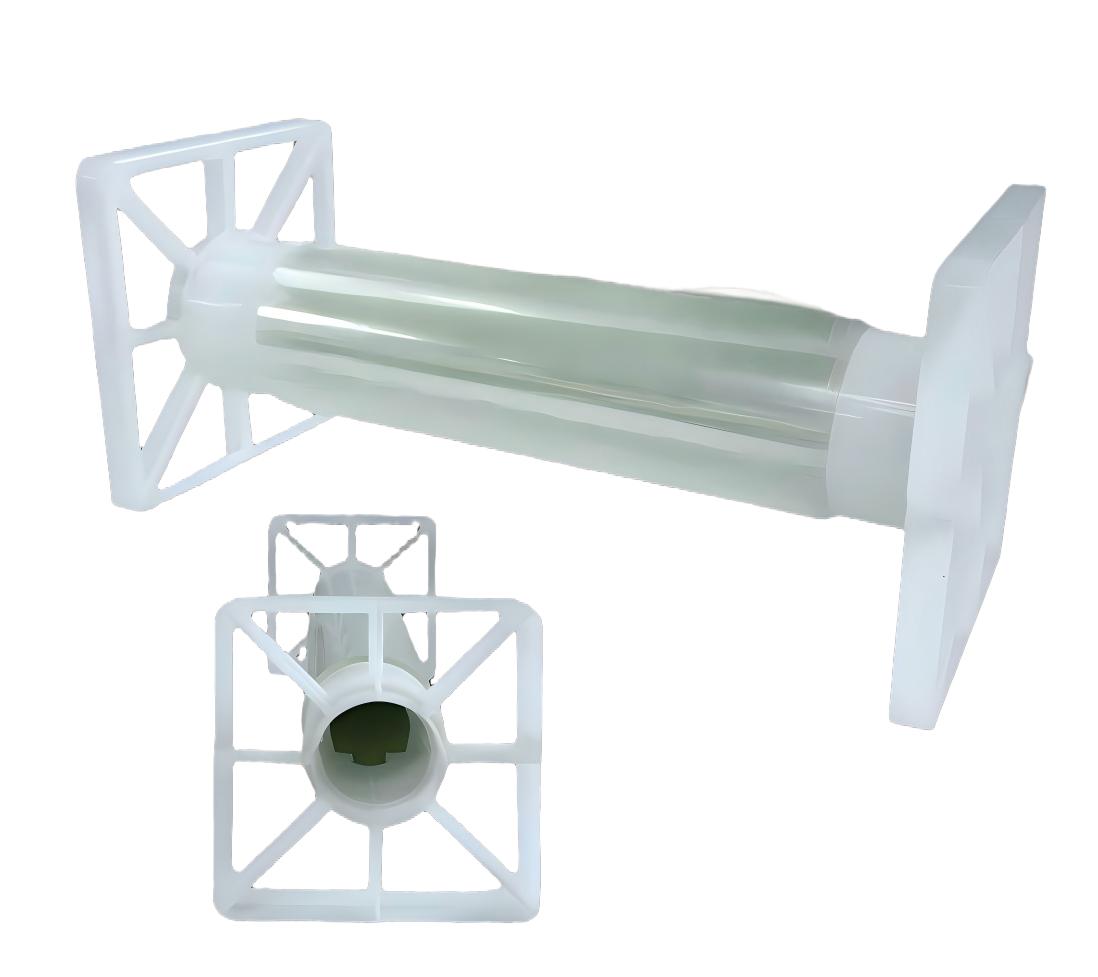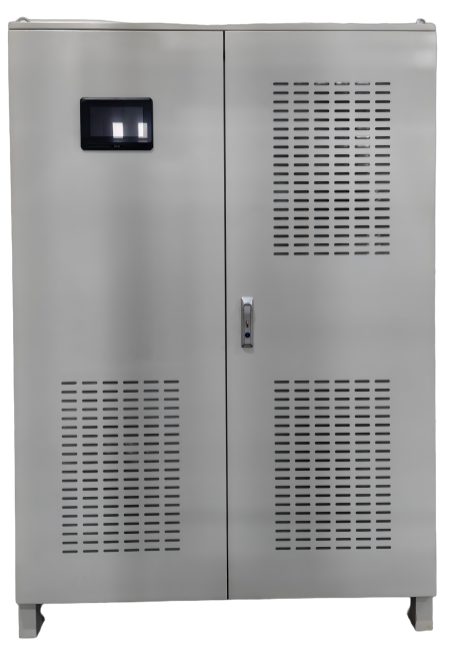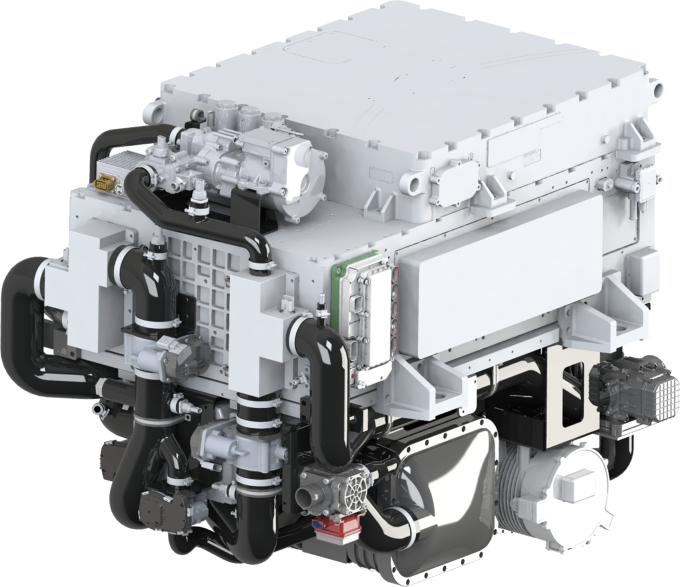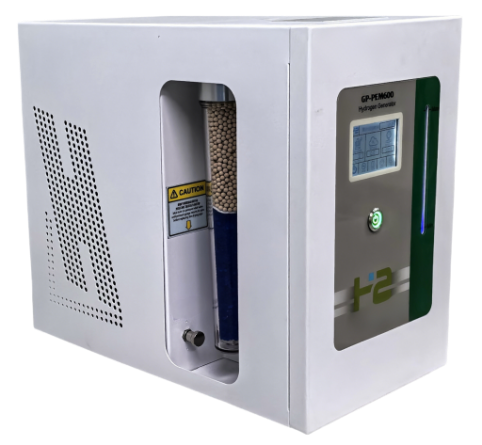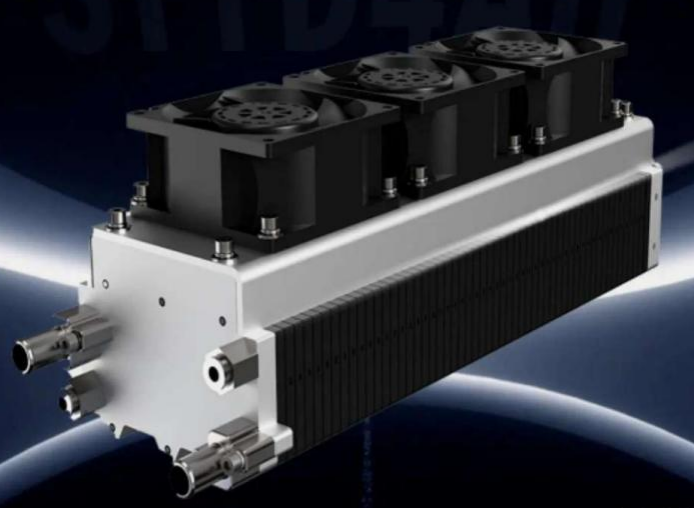Description
TAISEI PFSA membranes are non-reinforced films which made of chemically stabilized perfluorosulfonic acid/PTFE copolymer in the acid (H+) form. It has high thermostability, excellent mechanical, electrochemical properties and long-term chemical stability. Because of the high chemical stability of perfluorosulfonic acid, TAISEI N series PEMs exhibit substantially lower fluoride ion release compared to other type of PEMs. They can be used in strong acid, strong alkali, strong oxidant and other harsh environments. The membrane performs as a separator and solid electrolyte in a variety of electrochemical devices that require the membrane to selectively transport cations across the device junction. The elaborately planned craftsmanship promotes their application advantages in PEMFC and VFB system.
Order and Packaging Information
Membrane dimensions are based on dry product conditioned at 23 °C and 50% Relative Humidity before cutting. The membrane's water content will affect its dimensions, and the change may not be symmetrical in the length, width, and thickness directions. In addition, certain conditioning steps performed by the customer also may affect the dimensions. Customers may wish to review the membrane treatment steps and dimensional requirements with a TAISEI technical representative before establishing membrane shipping dimensions.
Standard dry product dimensions for individual pieces include:
Width: 0.10 m (min.) to 0.6 m (max.)
Length: 0.10 m (min.) to 0.6 m (max.)
The membrane delivery package for cut pieces will depend on the size and quantity of the membrane order. Most of the membranes are shipped flat, while longer lengths of individual pieces are shipped on a roll. The membranes are protected with a soft protective film and inner packaging bag, then placed in shipping containers.
Membrane pieces or rolls can be cut into custom sizes, and special packaging provided at additional cost and/or delivery time. Please contact TAISEI customer service for details.
There is a 10m² minimum order requirement for non-standard widths and lengths.
Properties of PFSA Membrane
1. Thickness and Basis Weight Properties¹
| Part Number | Part Number
| Basis Weight(g/m² ) |
| TAISEI-N111 | 25 | 54 |
| TAISEI-N112 | 50 | 105 |
| TAISEI-N113 | 75 | 158 |
| TAISEI-N114 | 100 | 200 |
| TAISEI-N115 | 125 | 249 |
| TAISEI-N116 | 150 | 276 |
| TAISEI-N117 | 175 | 320 |
2. Physical and Other Properties ²
Property | Typical Value | Test Method |
| Physical Properties | ||
| Under 50%RH,23℃ | ||
| Tensile Modulus, MPa | 265 | ASTM D 882 |
| Tensile Strength, MPa | 32 | ASTM D 882 |
| Elongation to Break,% | 300 | ASTM D 882 |
3. Other Properties
Property | Typical Value | Test Method |
| Specific gravity¹ | 1.96 | ---- |
| Available Acid capacity³ , meq/g | >0.92 | See footnote⁴ |
| Total Acid capacity⁴ , meq/g | 0.95~1.01 | See footnote⁴ |
| Hydrogen Crossover ⁵ ,(ml/min·cm² ) | 0.95~1.01 |
4. Hydrolytic Properties
Property | Typical Value | Test Method |
| Hydrolytic Properties | ||
| Water Content,%,water 6 | 5 | ASTM D 570 |
| Water uptake,%,water 7 | 50 | ASTM D 570 |
| Linear expansion,% increase | ||
| From 50% RH , 23℃ to water soaked, 23℃ | 10 | ASTM D 756 |
| From 50% RH , 23℃ to water soaked, 100℃ | 15 | ASTM D 756 |
1. Measurements taken with membrane conditioned to 23 ℃ , 50% relative humidity (RH).
2. Physical Properties measured for TAISEI-N112. Measurements taken at 23℃, 50% RH.
3. Conductivity measurement as described by Zawodzinski, et.al, J. Phys. Chem, 95 (15), 6040 (1991). Membrane conditioned in 100°C water for 1 hour. Measurement cell submersed in 25 °C D.I. water during experiment. Membrane impedance(real) taken at zero imaginary impedance.
4.A base titration procedure measures the equivalents of sulfonic acid in the polymer, and uses the measurement to calculate the acid capacity or equivalent weight of the membrane.
5. Hydrogen crossover measured at 22℃,100% RH and 50-psi delta pressure.
6. Water content of membrane conditioned to 23 °C, 50% relative humidity (RH), compared to dry weight basis.
7. Water uptake from dry membrane to water soaked at 100°C for 1 hour (dryweight basis)
Recommended Storage Conditions
Unopened packages of TAISEI PFSA membrane should be stored in the original shipping box, recommended storage conditions are:
1. Out of direct sunlight, and in a climate-controlled environment, maintained at 10 to 30℃ and 30 to 70% relative humidity
2. Before opening the package, pre-condition the membrane to the processing area temperature for 24 hours.
Note: Once opened and exposed to the environment, the membrane will equilibrate to the ambient relative humidity, and change in dimensions accordingly. Membrane order dimensions are specified and measured at 23°C and 50% Relative Humidity.
Handling Practices
Ventilation should be provided for safe handling and processing of TAISEI PFSA membrane. The amount of local exhaust necessary for processing TAISEI PFSA membrane at elevated temperatures will depend on the combined factors of membrane quantity, temperature, and exposure time.
Note: For detail safety instructions, please refer to corresponding safety data sheet.
Scrap Disposal
Preferred disposal options are (1) recycling and (2) landfill. Incinerate only if incinerator is capable of scrubbing-out hydrogen fluoride and other acidic combustion products. Treatment, storage, transportation, and disposal must be in accordance with applicable federal, state/provincial and local regulations.
Addendum
The data listed here fall within the normal range of product properties, but they should not be used to establish specification limits nor used alone as the basis of design. This information is based on technical data that TAISEI believes to be reliable. It is intended for use by persons having technical skill and at their own discretion and risk. This information is given with the understanding that those using it will satisfy themselves that their particular conditions of use present no health or safety hazards. Because conditions of product use are outside our control, TAISEI makes no warranties, express or implied, and assumes no obligation or liability in connection with any use of this information or for results obtained in reliance thereon. The disclosure of the information is not a license to operate under or a recommendation to infringe any patent of TAISEI or others.
Caution: TAISEI produced this material for electrochemical devices. If you use it for special application, you should confirm the law of your country.
